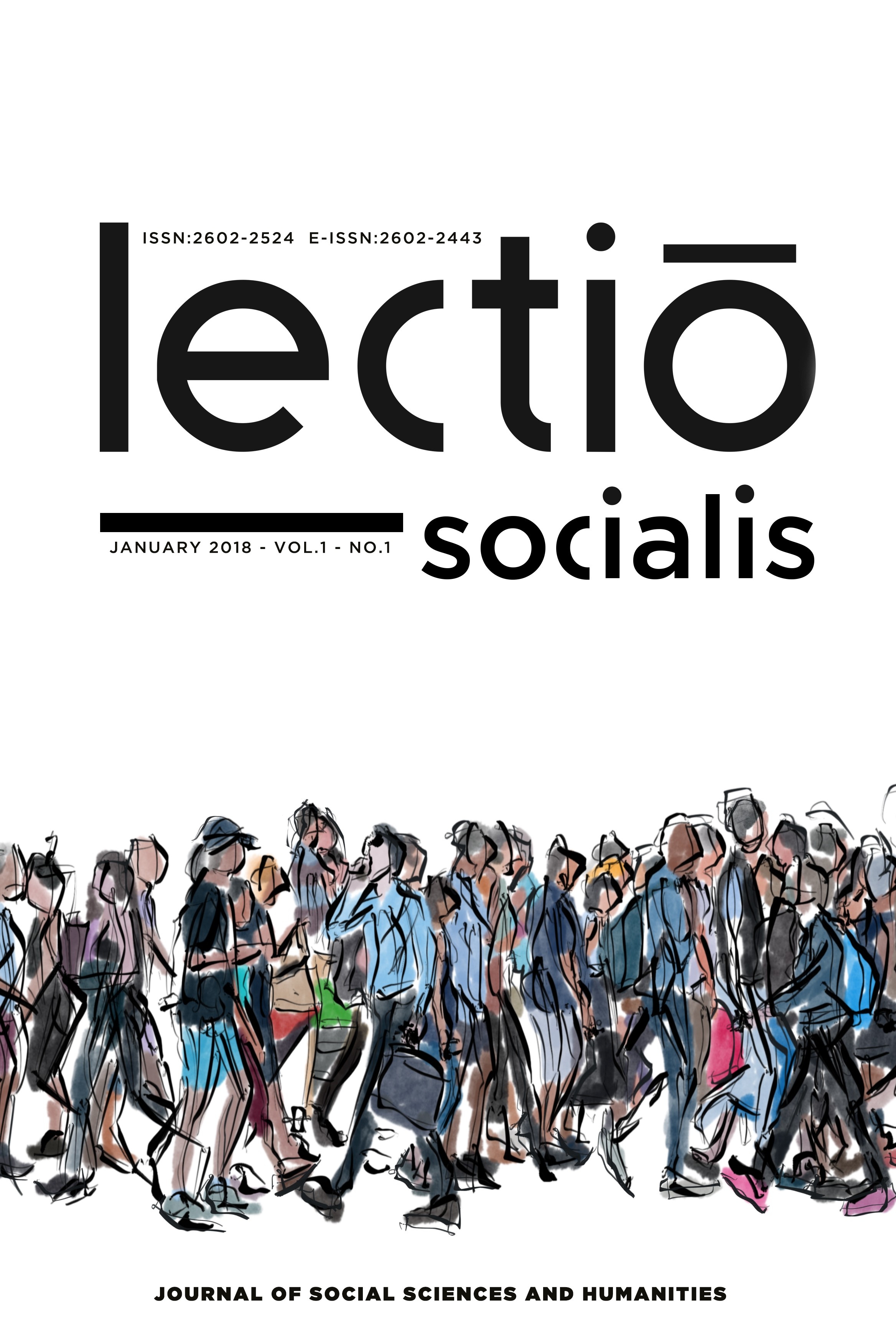Electoral Consolidation Through Islamic Populism and Religious Grievance: The Case of Transformation of Hagia Sophia in Turkey
Electoral Consolidation Through Islamic Populism and Religious Grievance: The Case of Transformation of Hagia Sophia in Turkey
The transformation of Hagia Sophia into a mosque in 2020 has been one of the major topics of public debate in Turkey. Based on the literature on populism and the role of emotions in politics, this paper analyzes the case of Hagia Sophia by suggesting a split from economy-based explanations of populism. It is argued that the case of the transformation of Hagia Sophia as a populist maneuver can be analyzed through historical context that shapes and affects the emotion of religious grievance in contemporary Turkey. This paper discusses how the AKP and President Recep Tayyip Erdoğan operationalize the case of the transformation of Hagia Sophia through religious grievances as a populist discourse to establish electoral consolidation in the wake of two large-scale crises.
Keywords:
populism, Islamic populism, religious grievance, emotional opportunity structure Hagia Sophia,
___
- Aykaç, P. (2018). “Contesting the Byzantine Past: Four Hagia Sophias as Ideological Battlegrounds of Architectural Conservation in Turkey.” Heritage & Society, 18(2), 151-178.
- Çınar, M. (2018). From Moderation to De-moderation: Democratic Backsliding of the AKP in Turkey. In J. L. Esposito, L. Z. Rahim & N. Ghobadzadeh (Eds.), The Politics of Islamism: Diverging Visions and Trajectories (pp. 127-157). London: Palgrave Macmillan.
- DİSK-AR (2021) İşsizlik ve İstihdamın Görünümü [Outlook on Unemployment and Employment]. Türkiye Devrimci İşçi Sendikaları Konfederasyonu Araştırma Merkezi
- Hernández, E. & Kriesi, H. (2016). “The electoral consequences of the financial and economic crisis in Europe.” European Journal of Political Research, 55(2), 203–224.
- Moffett, M., Fazio M. & Wodehouse L. (2004). Buildings Across Time (2nd ed.). McGraw-Hill Education
- Mudde, C. (2007). Populist Radical Right Parties in Europe (1st ed.). Cambridge, UK: Cambridge University Press.
- Norris, P. & Inglehart, R. F. (2019). Cultural Backlash: Trump, Brexit, and Authoritarian Populism (1st ed.). Cambridge, UK: Cambridge University Press.
- Öztaş, B. (2020). “Islamic Populism: Promises and Limitations.” The Journal for Interdisciplinary Middle Eastern Studies. 6(2), 103-129.
- PolitPro (2021). Latest election polls for Turkey - Development of the electoral trend. Retrieved from https://politpro.eu/en/turkey
- Presidency of the Republic of Turkey (2020a). With its new status, Hagia Sophia, the shared heritage of humanity, will continue to embrace all. Retrieved from https://www.tccb.gov.tr/en/news/542/120584/-with-its-new-status-hagia-sophia-the-shared-heritage-of-humanity-will-continue-to-embrace-all-
- Presidency of the Republic of Turkey (2020b). Ayasofya'nın esaret zinciri sökülüp atılmıştır [The chain of captivity on Hagia Sophia is torn apart]. Retrieved from https://www.tccb.gov.tr/haberler/410/120649/-ayasofya-nin-esaret-zinciri-sokulup-atilmistir-
- Ruiz-Junco, N. (2013). “Feeling Social Movements: Theoretical Contributions to Social Movement Research on Emotions.” Sociology Compass. 7(1), 45–54.
- Salmela, M. & von Scheve, C. (2017). “Emotional roots of right-wing political populism.” Social Science Information, 56(4), 567–595.
- Salmela, M. & von Scheve, C. (2018). “Emotional Dynamics of Right- and Left-wing Political Populism.” Humanity & Society. 42(4), 434-454.
- Staley, S. L. (2021). “The Relationship Between Religion and Populism: A Review of the Critical Literature.” Audens: revista estudiantil d'anàlisi interdisciplinària, 5(2), 35-45.
- Taş, H. (2020). “The chronopolitics of national populism.” Identities: Global Studies in Culture and Power, 29(2), 127-145.
- TÜİK (2021). Labour Force Statistics, June 2021. Turkish Statistical Institute
- Türkiye Raporu (2020a). Rapor 25 – Kasım 2020 Vol. I. İstanbul Ekonomi Araştırma [Istanbul Economics Research]. Retrieved from https://www.turkiyeraporu.com/wp-content/uploads/2021/04/Rapor-25-TR-Kasim-2020-Vol-I-.pptx.pdf
- Türkiye Raporu (2020b). Toplumun Ayasofya Hakkındaki Görüşleri [People’s Opinion on Hagia Sophia]. İstanbul Ekonomi Araştırma [Istanbul Economics Research]. Retrieved from https://www.turkiyeraporu.com/arastirma/toplumun-ayasofya-hakkindaki-gorusleri-1842/
- Yabancı, B. & Taleski, D. (2017). “Co-opting religion: how ruling populists in Turkey and Macedonia sacralise the majority.” Religion, State and Society, 46(3), 283-304.
- Yılmaz, I. & Bashirov, G. (2018). “The AKP after 15 years: emergence of Erdoganism in Turkey.” Third World Quarterly, 39(9), 1812-1830.
- Yılmaz, I. & Morieson, N. (2021). “A Systematic Literature Review of Populism, Religion and Emotions.” Religions, 12(4), 1-22.
- Yılmaz, I. (2021). “The AKP’s Authoritarian, Islamist Populism: Carving out a New Turkey.” ECPS Party Profiles. European Center for Populism Studies (ECPS). February 5, 2021. https://doi.org/10.55271/op0005
- Başlangıç: 2017
- Yayıncı: Emrah Konuralp
